50+ Sample Reference Letter
-
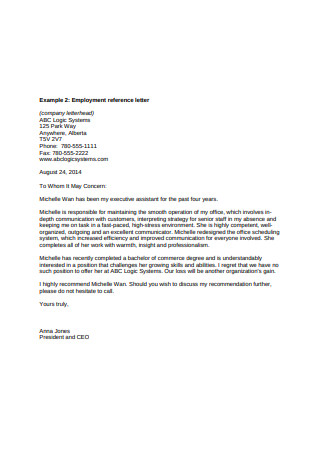
Employment Reference Letter
download now -
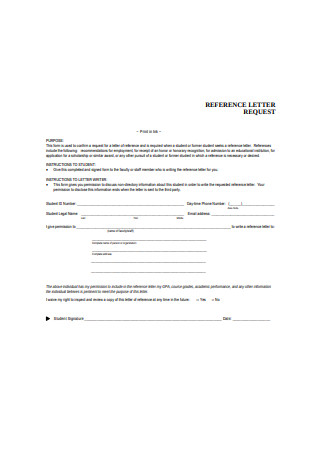
Reference Letter Request Format
download now -
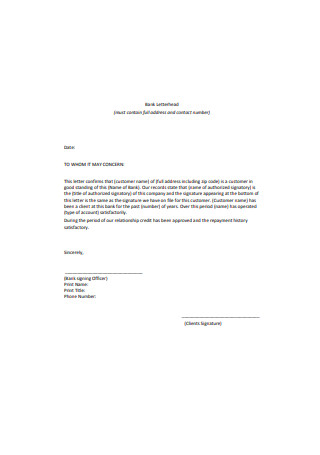
Bank Reference Letter
download now -
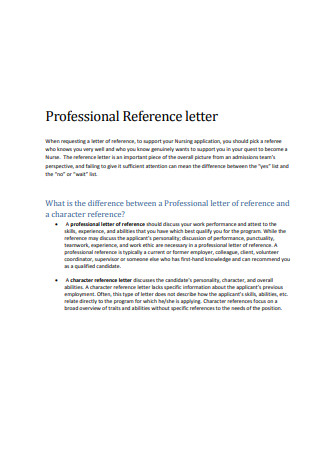
Professional Reference letter
download now -
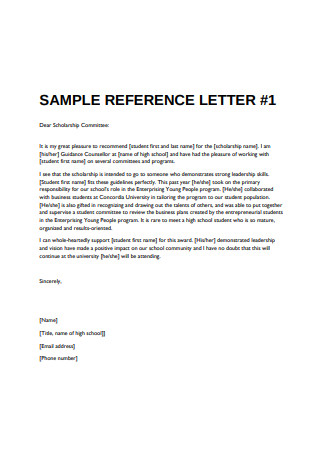
Sample Reference Letter
download now -
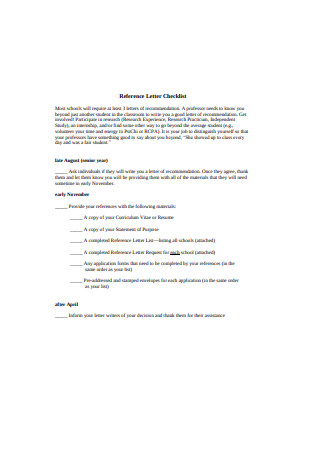
Reference Letter Checklist
download now -
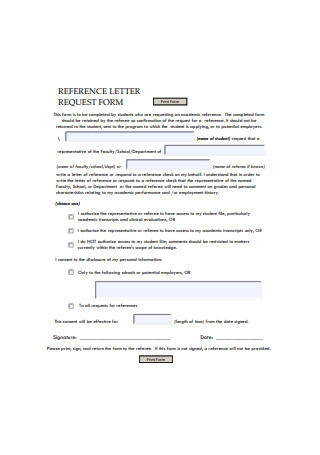
Reference Letter Request Form
download now -
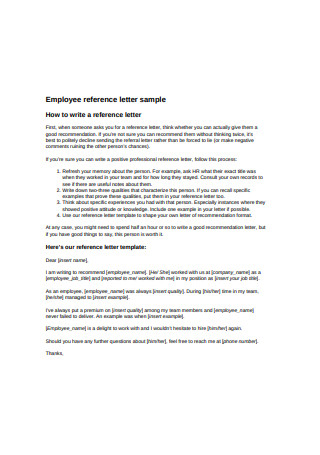
Employee Reference Letter Sample
download now -
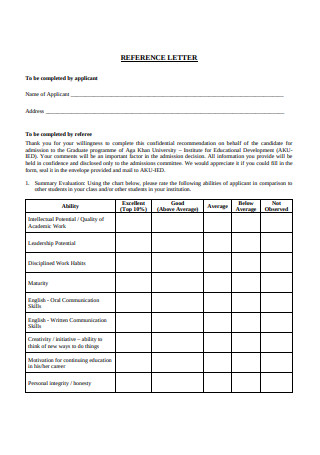
Reference Letter Format
download now -
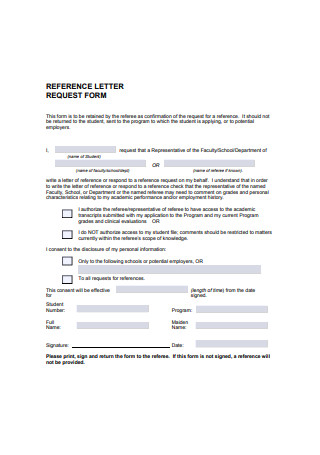
Basic Reference Letter Request Form
download now -
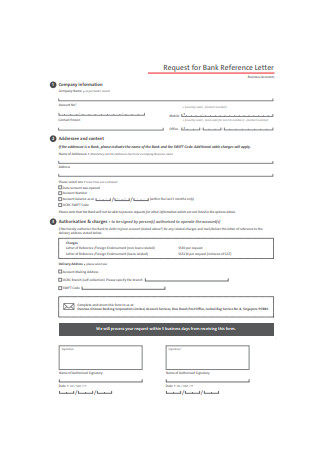
Request for Bank Reference Letter
download now -
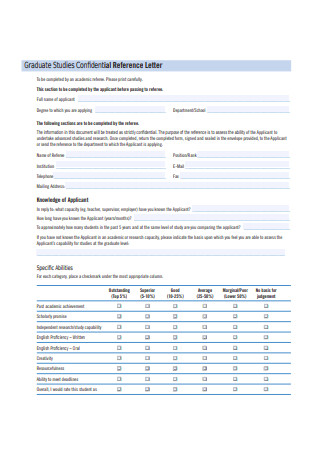
Reference Letter Example
download now -
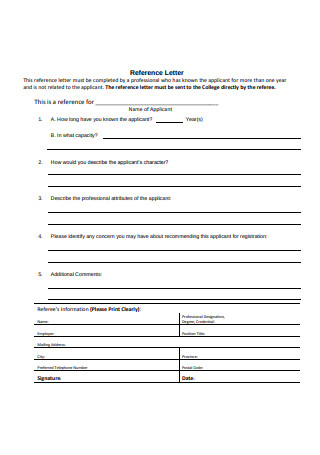
Sample Reference Letter Example
download now -
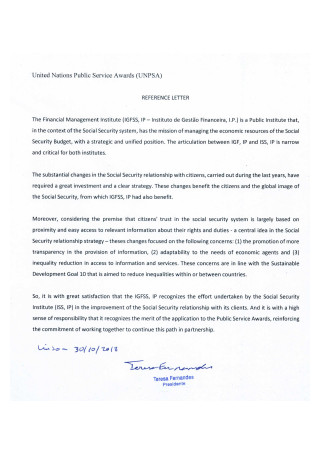
Reference Letter Sample
download now -
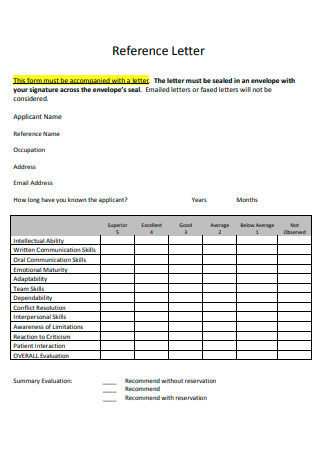
Basic Reference Letter
download now -
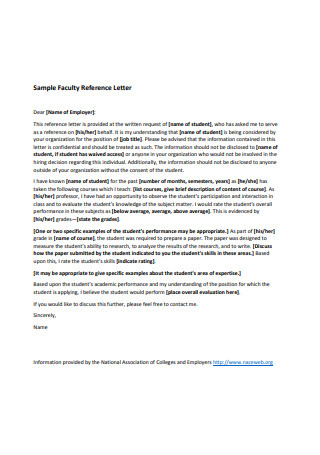
Sample Faculty Reference Letter
download now -
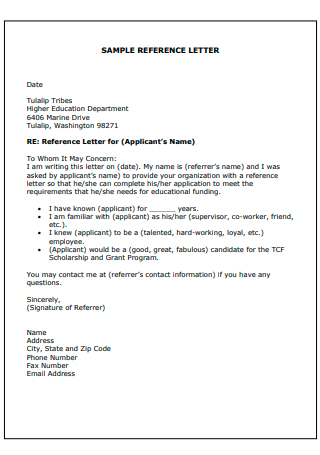
Reference Letter in PDF
download now -
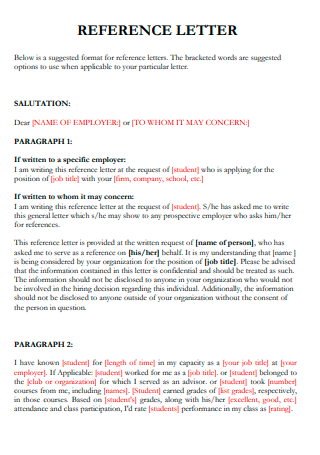
Printable Reference Letter
download now -
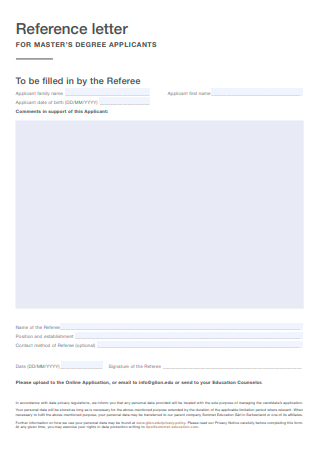
Reference Letter For Masters Degree Applicants
download now -
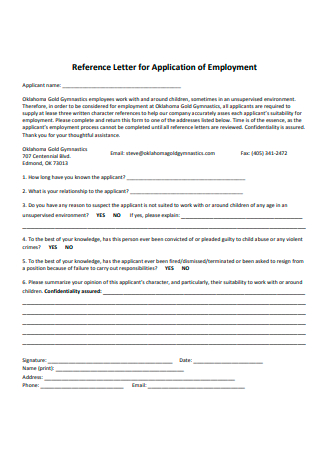
Reference Letter For Application of Employment
download now -
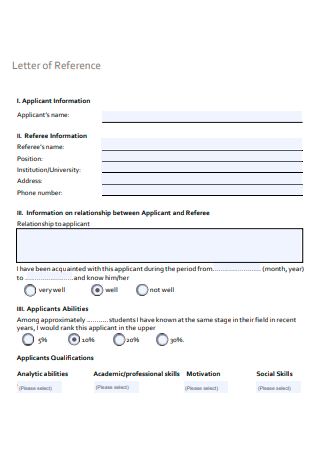
Formal Reference Letter
download now -
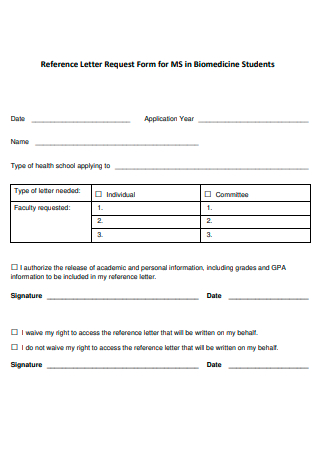
Reference Letter Request Form For MS in Biomedicine Students
download now -

Scout Letter of Reference
download now -
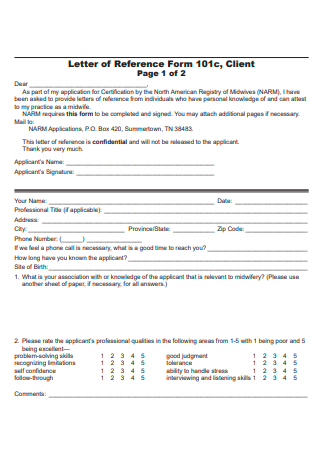
Client Reference Letter Form
download now -
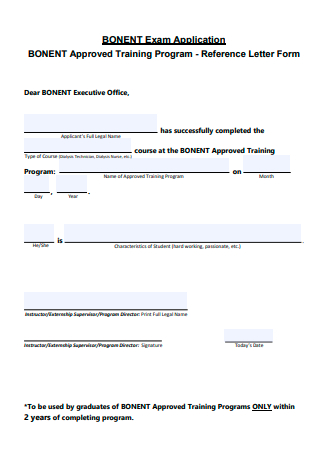
Training Program Reference Letter Form
download now -
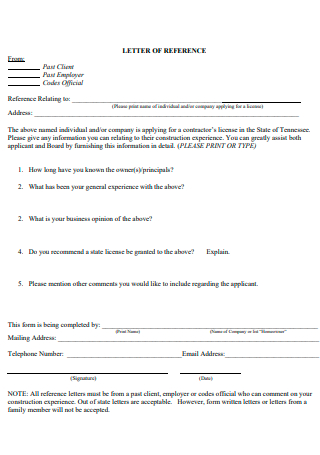
Reference Letter Template
download now -
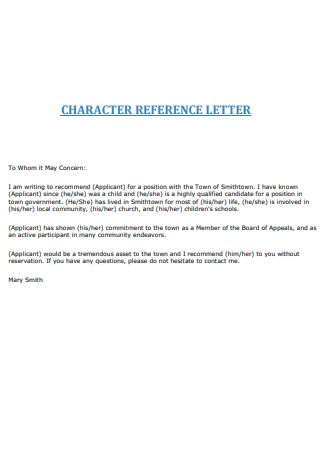
Character Reference Letter
download now -
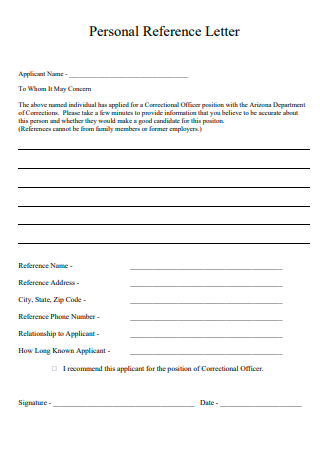
Personal Reference Letter
download now -
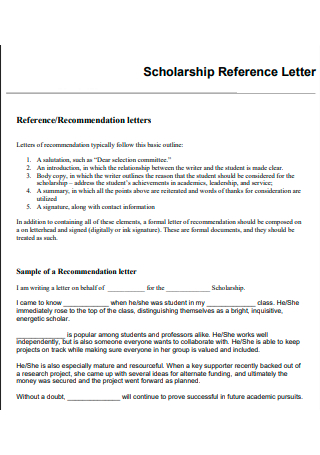
Scholarship Reference Letter
download now -
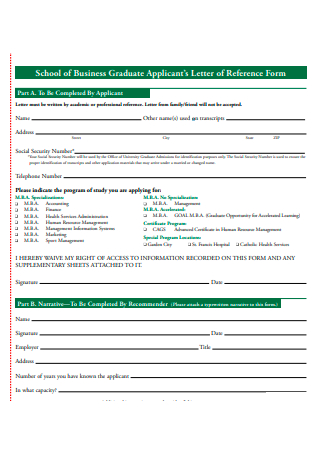
Graduate Applicants Letter of Reference Form
download now -
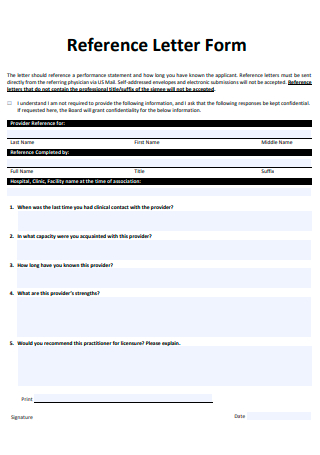
Reference Letter Form
download now -
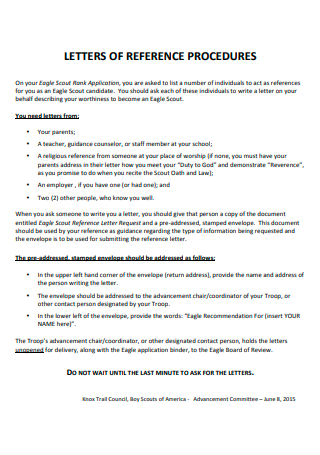
Reference Letter Procedure
download now -
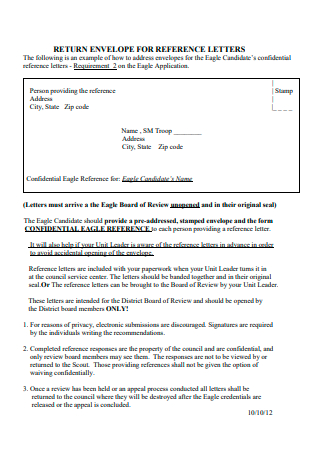
Return Envelope For Reference Letter
download now -
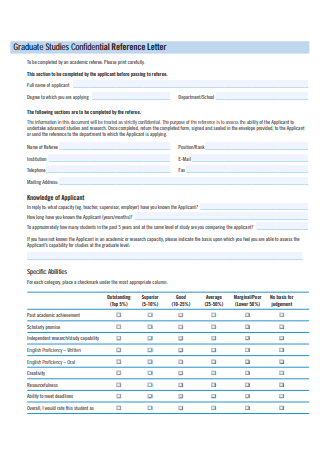
Confidential Reference Letter
download now -
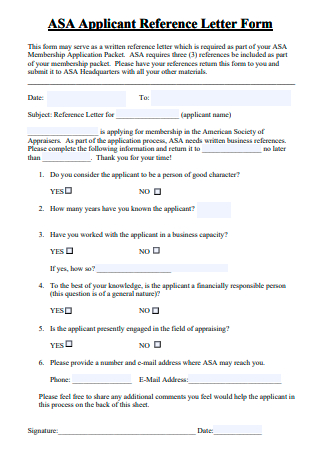
Applicant Reference Letter Form
download now -
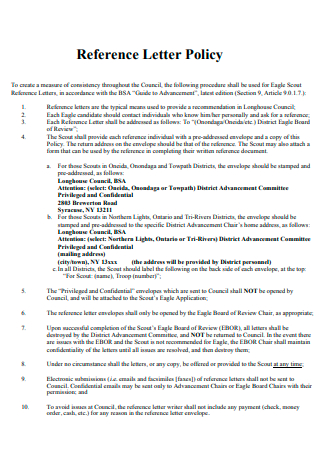
Reference Letter Policy
download now -
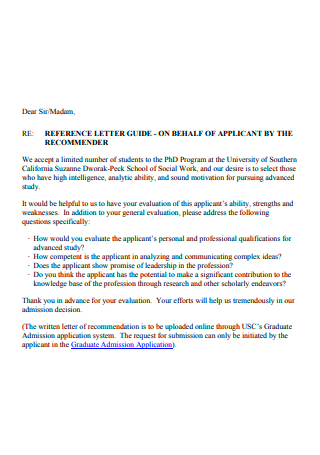
Reference Letter of Applicant By Recommender
download now -
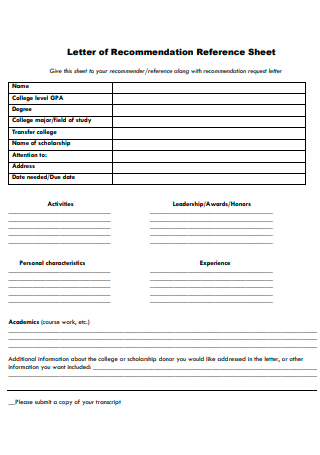
Letter of Recommendation Reference Sheet
download now -
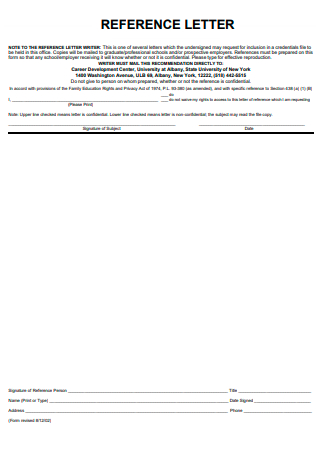
Draft Reference Letter
download now -
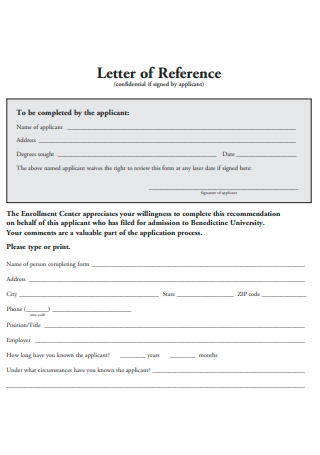
Standard Reference Letter
download now -
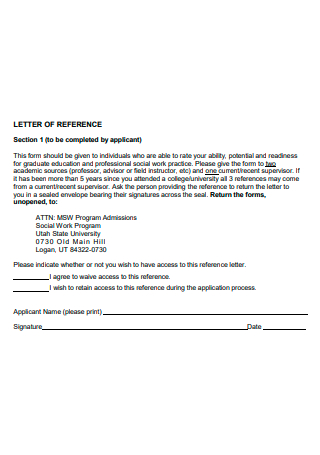
Simple Reference Letter
download now -
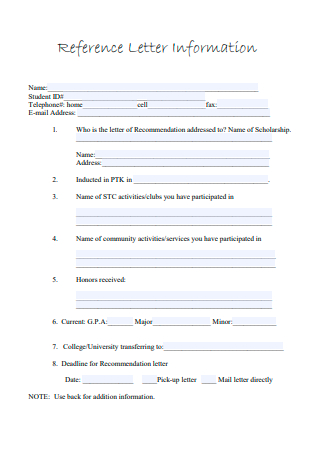
Reference Letter Information
download now -
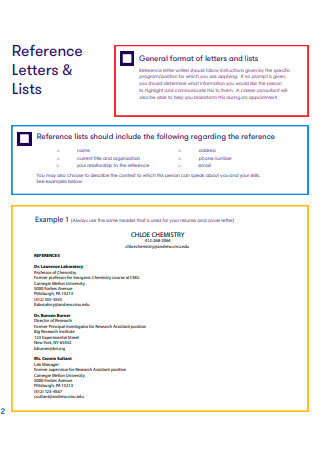
Reference Letter and Lists
download now -
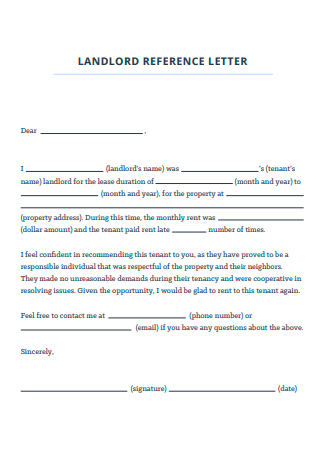
Landlord Reference Letter Template
download now -
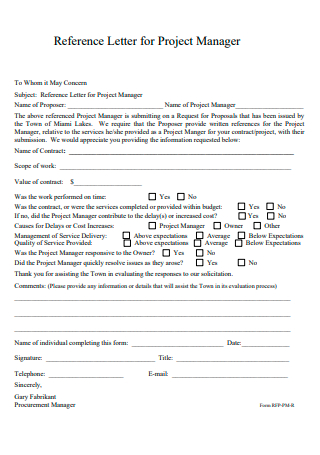
Reference Letter For Project Manager
download now -
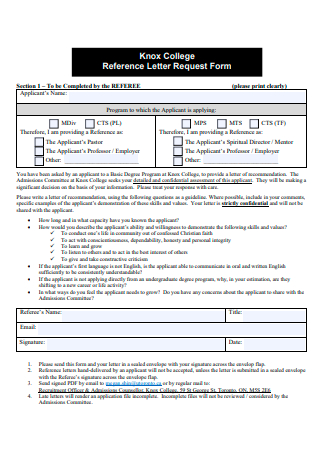
College Reference Letter Request Form
download now -
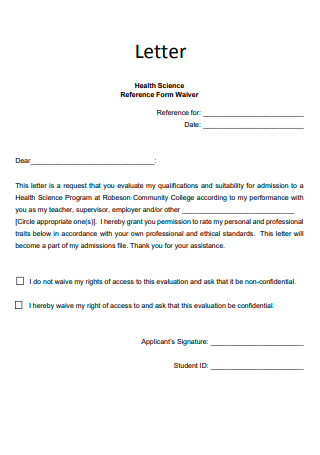
Reference Letter Form Waiver
download now -
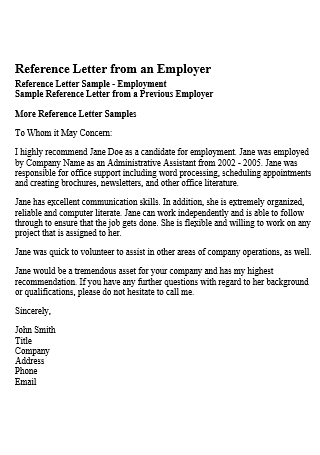
Reference Letter From an Employer
download now -
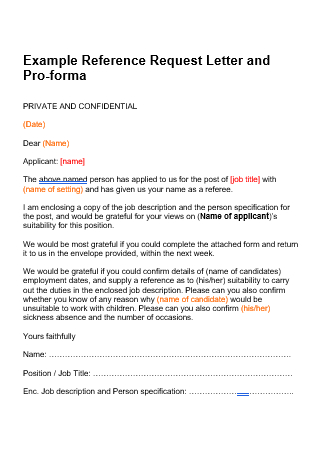
Reference Request Letter and Proforma
download now -
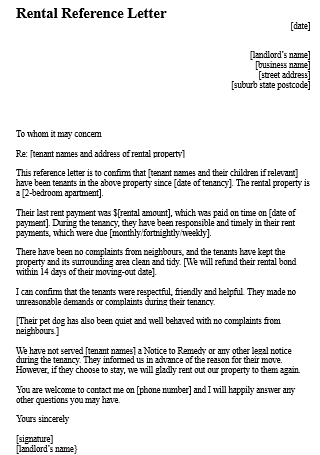
Rental Reference Letter
download now -
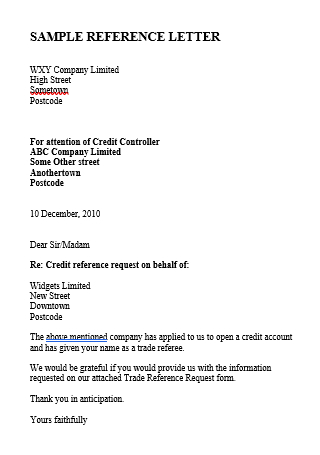
Reference Letter in DOC
download now
FREE Reference Letter s to Download
50+ Sample Reference Letter
What is a Reference Letter?
What are the Elements of a Reference Letter?
Tips in Making a Reference Letter
Mistakes in Writing a Reference Letter
Step by Step Process in Writing a Reference Letter
FAQs
What are the types of reference letters?
How long should a reference letter be?
Who should I ask for a character reference letter?
What is a Reference Letter?
By definition, a reference letter is a document that serves as a positive endorsement of an individual’s skills and attributes, and it is written by someone who is familiar with their work, accomplishments, and who they are as a person. While other documents such as resumes focus on an individual’s professional qualifications, a reference letter is more personal and focuses on an individual’s characteristics that can help them perform well in a job. This document is most often used whenever a company hires someone to ensure that the candidate possesses the qualities that the company is looking for. Other situations that necessitate a reference letter include applying for internships, volunteer positions, college universities, and graduate school programs.
What are the Elements of a Reference Letter?
As stated earlier, a reference letter could make or break somebody’s career. So, here are some of the elements that you need to include if you aim to write an effective reference letter for your friend or colleague:
Tips in Making a Reference Letter
Here are a few pointers to remember when writing an effective reference letter:
- Letters should have a positive tone. The overall tone of a reference letter should be positive, and in order to ensure this, the candidates must pick someone who is very confident that they can speak well for the candidate, and in turn, the references selected should only agree if they feel that they can give an authentically positive account of the candidate’s best qualities and attributes. An emphasis on authentically positive is made because in some instances being authentic may accidentally list a candidate’s shortcomings, and a reference letter is no place for that.
- State some specific examples. In writing a reference letter, it is helpful to include some examples that support the positive qualities that are being listed concerning the candidate. This is done in order to help the employer/institute fully understand the candidate’s possible performances in different situations that can occur in real-time. It is also important to know that the examples stated should be specific and detailed to clearly illustrate the said positive qualities.
- Keep the reference letter concise. An ideal scenario would be keeping the reference letter to a maximum of one page. Concise letters are ideal. This is because recruiters and hiring managers or individuals concerned with candidate applications of a company or institute are always busy and usually go through multiple candidates on a given day. Concisely written letters ensure that the employers/hiring managers of an institute or a company will be able to read the said letter in its entirety.
- Avoid sensitive/personal details. In writing a reference letter, it is essential to remember to shy away from any sensitive or personal details that you may not want to give away, such as personal struggles in life or other intimate matters. This is because the recruiter simply could not care less, or worse may question you more about your personal life which can lead you to reveal more than you are comfortable with.
Mistakes in Writing a Reference Letter
The process of writing a reference letter can sometimes be prone to mistakes or can contain things that can be easily overlooked. Here are some examples:
- Using a very cold tone when writing. Even though a formal tone should be used whenever you write a reference letter, it doesn’t mean that you should shy away from using a warm tone when writing one. An example of a too cold tone when you write a reference letter would be refraining from using the candidate’s name in the letter, and only referring to him/her as “the candidate”.
- Forgetting to use examples. A letter with too many praises for a candidate without any examples of the said positive trait will be seen as hurriedly written for time, or written without any knowledge in making one at all. Whenever the candidate is being praised in the reference letter, an instance or example should follow afterwards in order to provide a form of validation. However, examples shouldn’t also be too generic that they lose their worth if any was ever-present.
- Having spelling or grammatical errors. A reference letter, or any letter, for instance, will have its worth and effectiveness immediately taken away if there are any glaring spelling or grammatical errors present. Since this can be considered a formal document, a clear and correct usage of syntax should be expected. Having errors will heavily divert the manager/recruiter’s attention from the main point of the reference letter, and they can result in reduced chances of having the candidate being accepted in the application process.
- Being too strict on deadlines. Writing a reference letter is not an easy task and as such, it takes up a lot of someone’s time. This is especially highlighted whenever a person is asked to create multiple reference letters in a given time. It is important to note that the writer should be given as much time as possible. The more time they have in writing a reference letter, the better the letter will be, and so are the chances of you getting the position you’ve wanted.
Step by Step Process in Writing a Reference Letter
A reference letter, sometimes called a character reference or a personal reference letter, helps give the employers or recruiters an insight into a candidate or applicant’s personality and traits. It also helps them understand whether they would be a good fit for the organization or the academic institute. With that being said, here are the steps you can follow if you’re asked to provide a letter for someone:
1. Start with the salutations/greetings.
Begin writing the reference letter with a simple greeting and address the recruiter/manager with their full name, such as “Dear Mr./Mrs. Firstname Lastname”. If you do not know the manager’s name, you can simply write in place “Dear Hiring Manager”. If the individual you are writing for is applying at an academic institute, you can simply write “Dear Admissions Committee”. If for some reason the reference letter isn’t addressed to anyone, you can simply put “To Whom It May Concern”. You can also choose to skip the salutations and immediately proceed to the introductory paragraph, although having greetings is more recommended.
2. Write the introductory paragraph.
This element of the reference letter should clearly explain how you are connected to the person you are recommending. This includes how you know that person, how many years or months you have known them, and the reason why you are qualified to write a reference letter on their part. It is also important to include the name of the company or the academic institution as well as the job or the opportunity that the individual is applying for.
3. Write the main paragraph or paragraphs.
This is the main element of the reference letter. In writing this part, remember that it should contain the necessary information about the individual that you are writing about. This includes the reasons why they are qualified and the qualities that they could contribute to the company or institute. You can also provide more than one paragraph to further explain the details. You should also write about specific instances in which the individual has used the skills you listed that are relevant to the position being applied. An example would be listing an individual’s leadership excellence qualities if he/she is vying for a top job.
4. Write the closing part and signature.
In writing this element of the reference letter, you can reiterate that you fully vouch for the individual you are writing for. It is also recommended that you provide your own contact details in case the hiring manager or a member of the admissions committee decides to reach out to you for further inquiries regarding the reference letter. This is also recommended in case they want to contact you for verbal recommendations. Once everything is said and done, don’t forget to affix your full name and signature to the document.
FAQs
What are the types of reference letters?
- Employee reference – this reference letter recommends an individual for a job at a certain company. This letter serves as an assessment of the candidate’s skills and provides examples of how the candidate excelled in their prior positions or field of work.
- Character reference – this letter is usually ideal for entry-level job applicants. This document highlights an applicant’s soft skills and explains why they would be a great fit for a potential company. This letter can be written by a friend, a mentor, or a neighbor.
- Academic reference – this letter is written by a teacher, adviser, or professor. An academic reference letter provides an assessment of an individual’s scholarly skills and personal character.
- Business reference – this letter is made in case you want to do business with professional contacts such as vendors, business associates, or clients. This letter also allows you to make an assessment of a contractor’s quality of work.
How long should a reference letter be?
Keep in mind that in writing a reference letter, the length should be more than one or two paragraphs at most. It is also important to keep it concise, so you need to try and fit every detail within a single page. A letter too short may suggest unfamiliarity with the individual being endorsed or an improperly written letter.
Who should I ask for a character reference letter?
Examples of individuals who can be great character references are coworkers, clients, customers, coaches, a business acquaintance, a personal or a professional mentor, and so on. It is important that the person you choose as a character reference is able to speak to your attributes that relate to the position or industry that you are applying for. Choosing a family member as a reference such as a spouse or an in-law is generally not recommended because their recommendations are considered objective and may not be taken seriously.
At a given point in your professional career, someone may task you with writing a reference letter. This article also provides examples of effective reference letters so when that time comes, you already know how to prepare one. Your support will make a massive difference, and as said earlier, a reference letter can make or break someone’s career, so ensure that you really know the applicant that you are writing the letter for, to ensure maximum effectiveness of the document.
